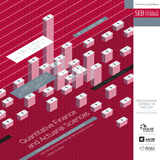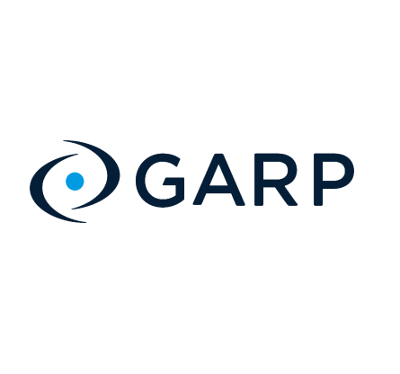Quantitative Finance and Actuarial Sciences
Graduate programme (master programme)
Are you comfortable with a model-based way of thinking? Do you find a combination of finance and mathematics exciting? Would you like to know how banks model and assess credit risk, how pension funds optimally allocate assets among different types of investments, how a put option value is determined or how an insurance company sets the insurance premia?
If your answer to most of the questions is yes, then the graduate programme in Quantitative Finance and Actuarial Sciences is the right choice for you – for analytical, dynamic and critical minds. Please note that the programme is not designed for those with poor background in mathematics. If you are unsure about the sufficiency of you mathematical skills, please consult the Admissions Office or programme directors before enrolment.
The master's programme in Quantitative Finance and Actuarial Sciences is designed to develop in-depth knowledge and specific skills in asset management, risk management, and actuarial sciences for future employees in the financial industry. The programme's goal is to acquaint the students with specific features of the finance and insurance industry. As part of core courses and specific track courses, students learn the basics of quantitative finance, actuarial sciences, the insurance industry, econometric analysis, and modelling. Given the programme’s methodological demands and level of difficulty, adequate prior knowledge of mathematics, microeconomics, and macroeconomics is required. Students demonstrate this by passing exams and fulfilling requirements in the relevant courses or holding a recognized undergraduate degree.
Students can select several courses and self-design either a more Quantitative Finance-oriented track or a more Actuarial Sciences-oriented track. The Quantitative Finance courses provide expertise that focuses on modelling, risk management, and decisions connected with evaluating, selecting, and managing assets, including the analysis of information problems and regulatory issues within finance. The second track provides training primarily to those who wish to acquire the specific expertise of analysing, managing, and controlling risks within financial institutions, especially risks that affect the liabilities of financial institutions, with a focus on insurance companies.
The course-specific and conceptual structure of the Actuarial Sciences track meets most of Actuarial Association of Europe requirements for actuary course content prescribed by the Slovenian licensor (i.e., the Insurance Supervision Agency) as a prerequisite for granting an authorized actuary license.
The double degree master's programme in Banking & Finance and Economics at the Stockholm Business School as well as ample student exchange opportunities with some of the very best European schools allow for a high level of internationalization. Several top foreign lecturers and guest lecturers from practice bring novel developments in quantitative finance and actuarial science to students and help them connect the theoretical perspectives with practice. This ensures outstanding employment opportunities for programme graduates in the highly globalized financial sector.
More information about Double degree programmes >>>
| Duration of study | 2 years (4 semesters) |
| Scope of ECTS | 120 ECTS |
| Study status | full-time |
| Degree | Master of Science (M.Sc.) - second cycle graduate in Quantitative Finance and Actuarial Sciences |
Knowledge and skills acquired by taking this programme
After completing this applied programme you will be able to tackle practical and demanding challenges of actuarial sciences, financial asset management and financial risk management. In the aftermath of the global financial crisis, the institutional and regulatory frameworks have changed, as well as several approaches and assumptions of financial modelling. The ability to adapt complex analytical and model-based approaches to the current problems in finance has become an increasingly important competitive advantage and the quality that is expected of those looking for positions in financial industry and regulatory agencies.
Organisations/institutions/companies with employment prospects
Graduates are most likely to find placement with banks and insurance companies (actuary, analysis department, asset management, risk management etc.), asset management companies, brokerage companies and supervisory institutions (central bank, insurance supervision, financial market supervision).
In addition, graduates interested in scientific research can continue their studies in the doctoral programme, where they will investigate interesting research questions related to financial economics, risk management, asset pricing and asset management.
Professions
- Actuary
- Quantitative analyst/ “Quant”
- Portfolio manager
- Risk manager








